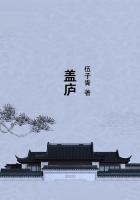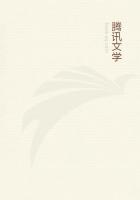To sum up: it is only when man's object becomes a human object or objective that man does not lose himself in that object. This is only possible when it becomes a social object for him and when he himself becomes a social being for himself, just as society becomes a being for him in this object.
On the one hand, therefore, it is only when objective reality universally becomes for man in society the reality of man's essential powers, becomes human reality, and thus the reality of his own essential powers, that all objects become for him the objectification of himself, objects that confirm and realize his individuality, his objects -- i.e., he himself becomes the object. The manner in which they become his depends on the nature of the object and the nature of the essential power that corresponds to it; for it is just the determinateness of this relation that constitutes the particular, real mode of affirmation. An object is different for the eye from what it is for the ear, and the eye's object is different for from the ear's. The peculiarity of each essential power is precisely its peculiar essence, and thus also the peculiar mode of its objectification, of its objectively real, living being. Man is therefore affirmed in the objective world not only in thought but with all the senses.
On the other hand, let us look at the question in its subjective aspect: only music can awaken the musical sense in man and the most beautiful music has no sense for the unmusical ear, because my object can only be the confirmation of one of my essential powers -- i.e., can only be for me insofar as my essential power exists for me as a subjective attribute (this is because the sense of an object for me extends only as far as my sense extends, only has sense for a sense that corresponds to that object).
In the same way, and for the same reasons, the senses of social man are different from those of non-social man. Only through the objectively unfolded wealth of human nature can the wealth of subjective human sensitivity -- a musical ear, an eye for the beauty of form, in short, senses capable of human gratification -- be either cultivated or created. For not only the five senses, but also the so-called spiritual senses, the practical senses (will, love, etc.), in a word, the human sense, the humanity of the senses -- all these come into being only through the existence of their objects, through humanized nature. The cultivation of the five senses is the work of all previous history. Sense which is a prisoner of crude practical need has only a restricted sense. For a man who is starving, the human form of food does not exist, only its abstract form exists; it could just as well be present in its crudest form, and it would be hard to say how this way of eating differs from that of animals. The man who is burdened with worries and needs has no sense for the finest of plays; the dealer in minerals sees only the commercial value, and not the beauty and peculiar nature of the minerals; he lacks a mineralogical sense; thus the objectification of the human essence, in a theoretical as well as a practical respect, is necessary both in order to make man's senses human and to create an appropriate human sense for the whole of the wealth of humanity and of nature.
Just as in its initial stages society is presented with all the material for this cultural development through the movement of private property, and of its wealth and poverty -- both material and intellectual wealth and poverty -- so the society that is fully developed produces man in all the richness of his being, the rich man who is profoundly and abundantly endowed with all the senses, as its constant reality. It can be seen how subjectiveness and objectivism, spiritualism and materialism, activity and passivity [Leiden], lose their antithetical character, and hence their existence as such antithesis, only in the social condition; it can be seen how the resolution of the theoretical antitheses themselves is possible only in a practical way, only through the practical energy of man, and how their resolution is for that reason by no means only a problem of knowledge, but a real problem of life, a problem which philosophy was unable to solve precisely because it treated it as a purely theoretical problem.
It can be seen how the history of industry and the objective existence of industry as it has developed is the open book of the essential powers of man, man's psychology present in tangible form; up to now this history has not been grasped in its connection with the nature of man, but only in an external utilitarian aspect, for man, moving in the realm of estrangement, was only capable of conceiving the general existence of man -- religion, or history in its abstract and universal form of politics, art, literature, etc. -- as the reality of man's essential powers and as man's species-activity.
In everyday, material industry (which can just as easily be considered as a part of that general development as that general development itself can be considered as a particular part of industry, since all human activity up to now has been labor -- i.e., industry, self-estranged activity) we find ourselves confronted with the objectified powers of the human essence, in the form of sensuous, alien, useful objects, in the form of estrangement.
A psychology for which this book, the most tangible and accessible part of history, is closed, can never become a real science with a genuine content.
What indeed should we think of a science which primly abstracts from this large area of human labor, and fails to sense its own inadequacy, even though such an extended wealth of human activity says nothing more to it perhaps than what can be said in one word -- "need", "common need"?















